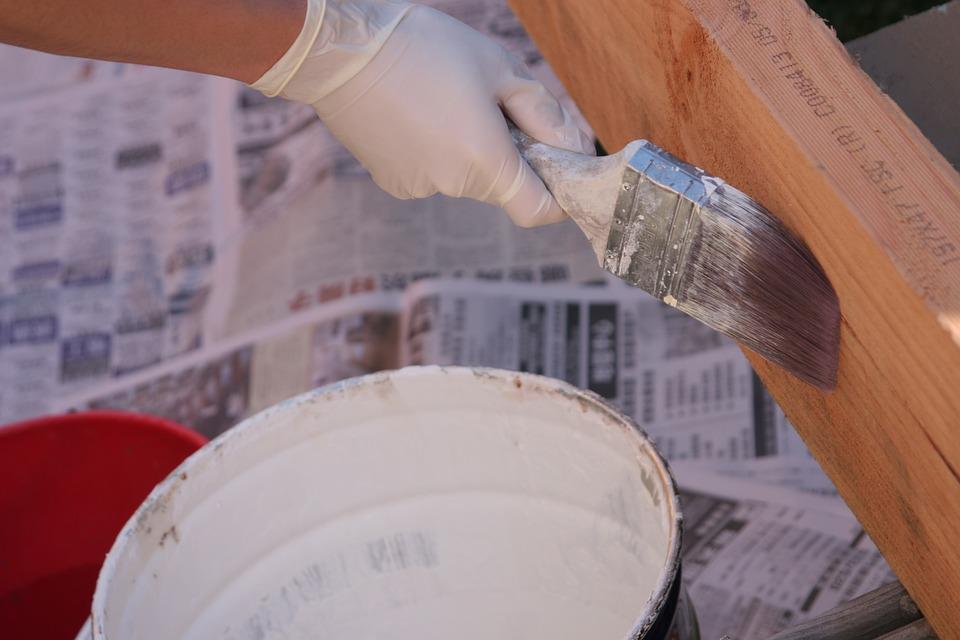It’s an undeniable fact that given the opportunity, we would all want to transform our homes into something better. However, because of financial limitations, many of us often delay the idea if not forget about it entirely. But the good news is that you don’t necessarily need to spend a small fortune to get the desired results. You’ll be surprised at how far a modest budget can get you with some careful planning and research. To this end, here are a few money-saving tips for the budget-conscious homeowners looking to improve their homes.

- Don’t spend impulsively
Whether it’s the modern lighting that you need to enhance your home’s interior or landscaping services to add kerb appeal, it’s crucial never to spend impulsively. Instead, take your time and consider all available options before deciding. Tedious as it may appear to be, doing so will give you a better chance of finding inexpensive alternatives and better deals. And as a result, keep your expenditure to a minimum without compromising on the quality of the results.
- Tackle one project at a time
The reason why home improvement is generally associated with high expenditure is that many people give into the temptation of tackling multiple projects simultaneously. For example, if you want to paint a room, consider Dry Lining it first and take everything one step at a time. Instead, it’s a general rule of thumb to take on one job at a time. Doing so will not only keep costs from spiraling out of control, but this focused approach will allow you to reduce, if not mitigate, the chances of making any potentially expensive mistakes.
- Consider a DIY approach
While some jobs are best left in the capable hands of professionals, it doesn’t necessarily mean that there aren’t tasks that you can do on your own. And if the opportunity presents itself, consider taking a do-it-yourself approach instead. After all, not only will it keep you from spending a small fortune on labour, but it’s a satisfying experience that you’re bound to learn from too.
- Give yourself a financial cushion
When tackling a home improvement project, it’s not uncommon to encounter unforeseen issues and unexpected expenses to rear their ugly heads. As such, it’s good standard practice to have a financial cushion in place. In this way, any potential problems that might arise can be dealt with quickly. More importantly, it will keep your project from any expensive delays, and as a result, maintain a consistent level of productivity throughout the duration of the project.
- Understand your limits
In the interest of keeping expenses low, a lot of homeowners opt to tackle the tasks that the home improvement project entails themselves. However, this can be counterproductive if the job requires specialist work. And you’re far more likely to make mistakes that will be costly to rectify in doing so. As such, it’s vital to understand your limits and leave specific tasks to the experts when necessary.
There’s no denying that home improvement projects can be expensive endeavours. But that doesn’t necessarily mean that it should always be the case. And by following the money-saving tips listed here, not only will you get the desired results, but do so without breaking the bank.

Leave a Reply